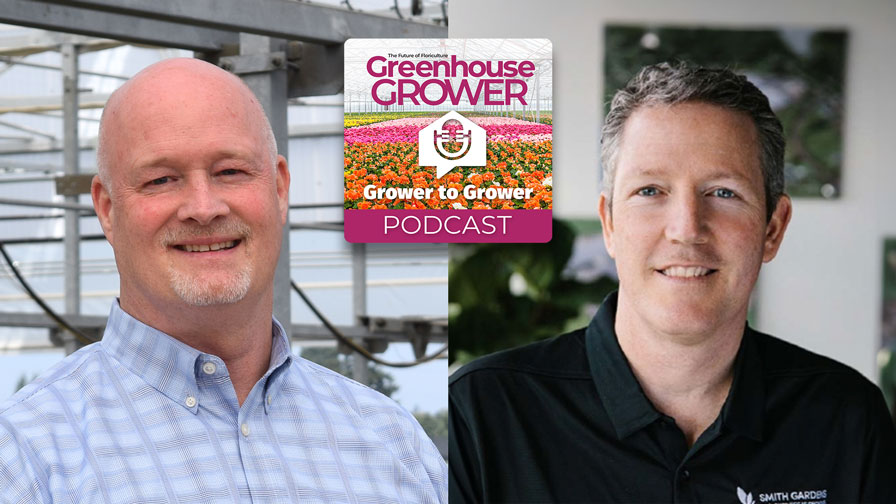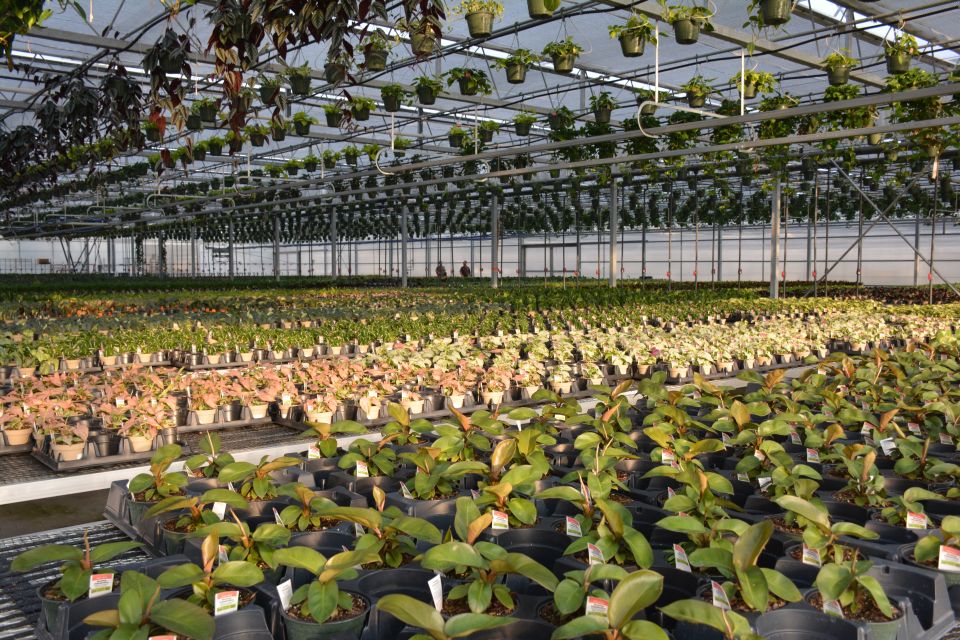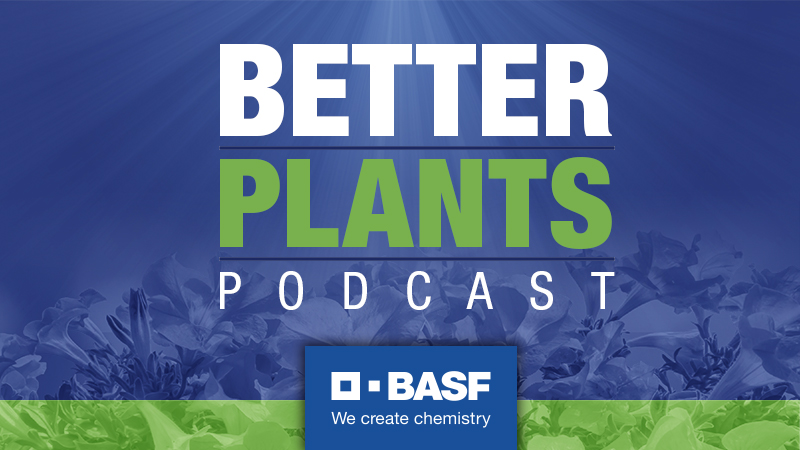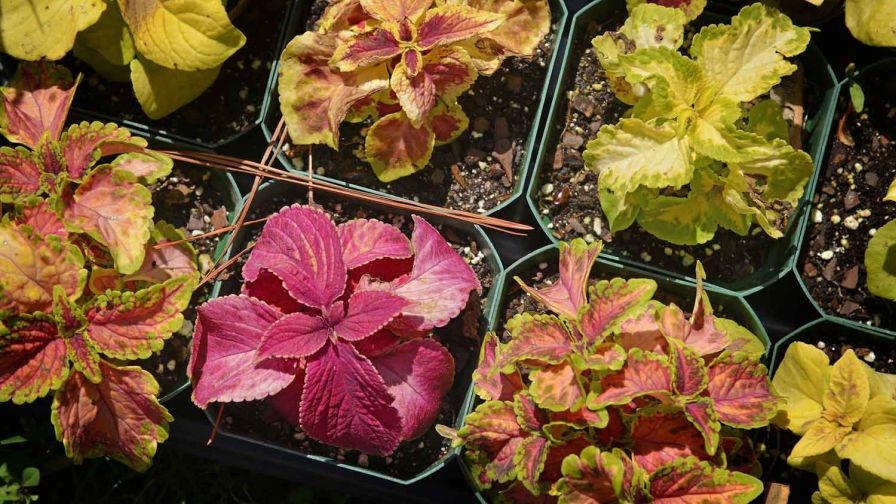What Are the Impacts of Using Reclaimed Irrigation Water on Fertilizers?
The key to growing healthy greenhouse plants is finding the right balance of environmental conditions and inputs, especially for water-soluble fertilizers. The appropriate fertilizer and an adequate water supply are vital to a successful crop. This is true regardless of which crop you’re growing in the greenhouse.
The management of irrigation water is a top concern of ornamental growers who are affected by freshwater depletion as well as the introduction of agricultural water regulations. This has caused many to transition to capturing and recirculating the run-off nutrient solution within the same production system, or a closed-loop system.
In a recent blog post, the team at Plant-Prod, a manufacturer of water-soluble fertilizers, notes that many growers are making the shift to reclaimed water for a variety of reasons.
“Recycling irrigation water can lead to a modest decrease in fertilizer costs as nutrients are recycled,” the post says. “It also results in flexibility in managing different forms of fertilizers and scheduling pesticide applications.”
However, reusing reclaimed water for irrigation can also introduce complications due to its nutrient and plant pathogen contents compared to a fresh irrigation water source. This can affect how much fertilizer is needed between each cycle.
Recirculated nutrient solutions will carry the remaining nutrients leached from the substrate, along with plant pathogen and residual agrochemicals. Nutrients can accumulate in imbalanced levels, affecting ion availability. Certain plant pathogen spores can easily spread from plant to plant and across production zones. Depending on the application, varying levels of agrochemicals can leach into the collected runoff. Each factor must be considered when converting to a reclaimed irrigation system.
To learn more about the most effective ways to manage nutrient levels, check out the entire Plant-Prod post here.








